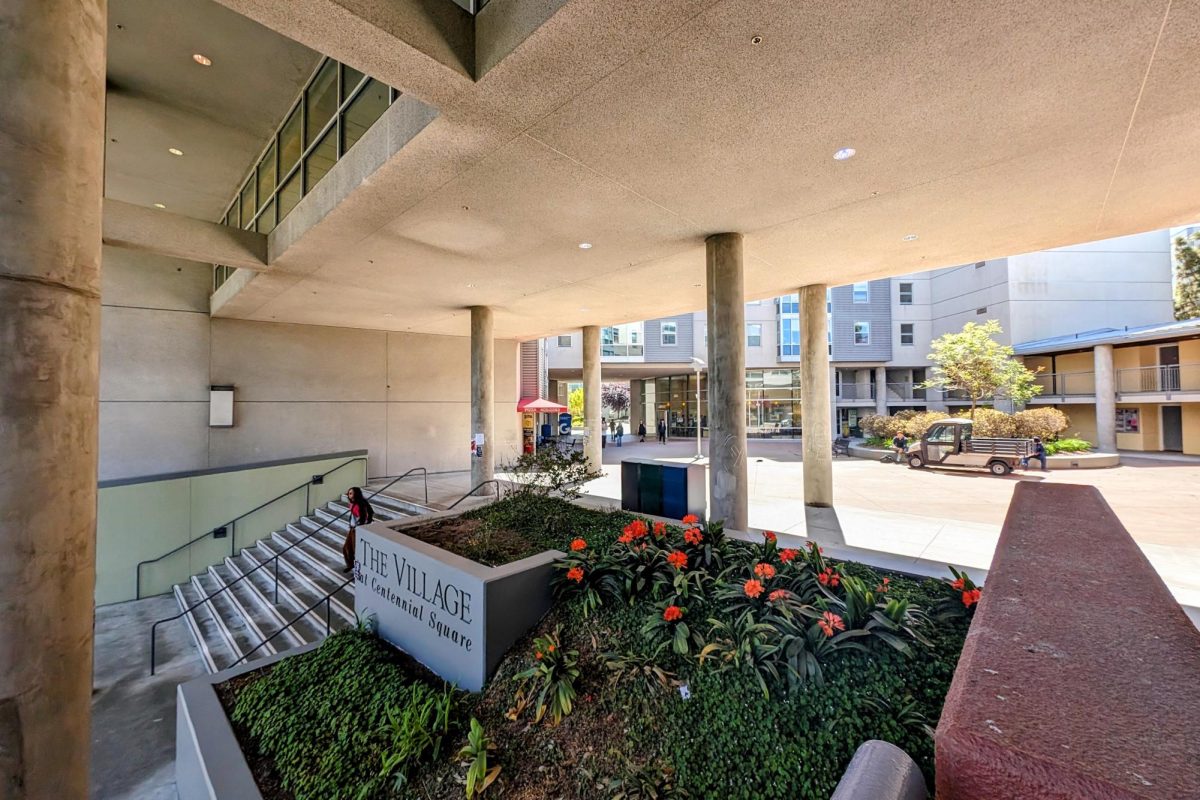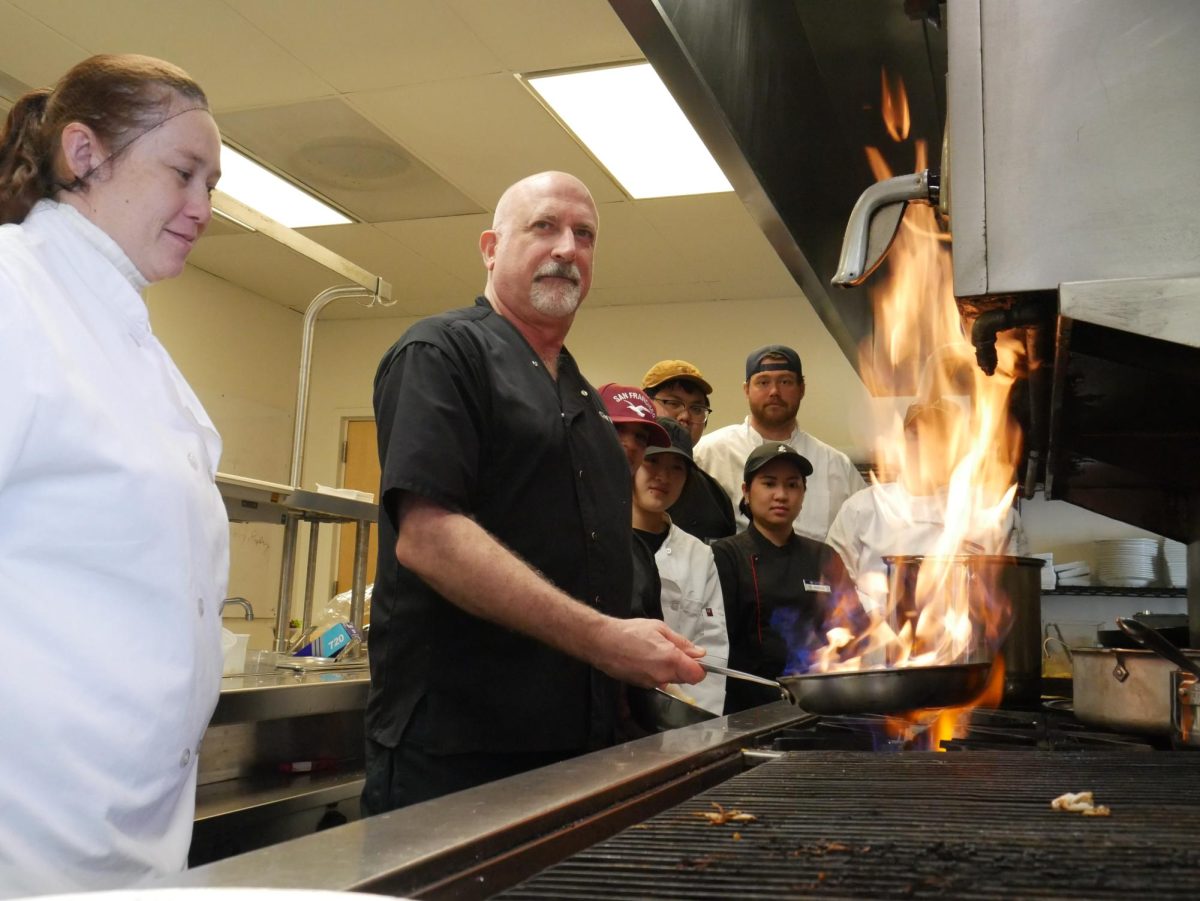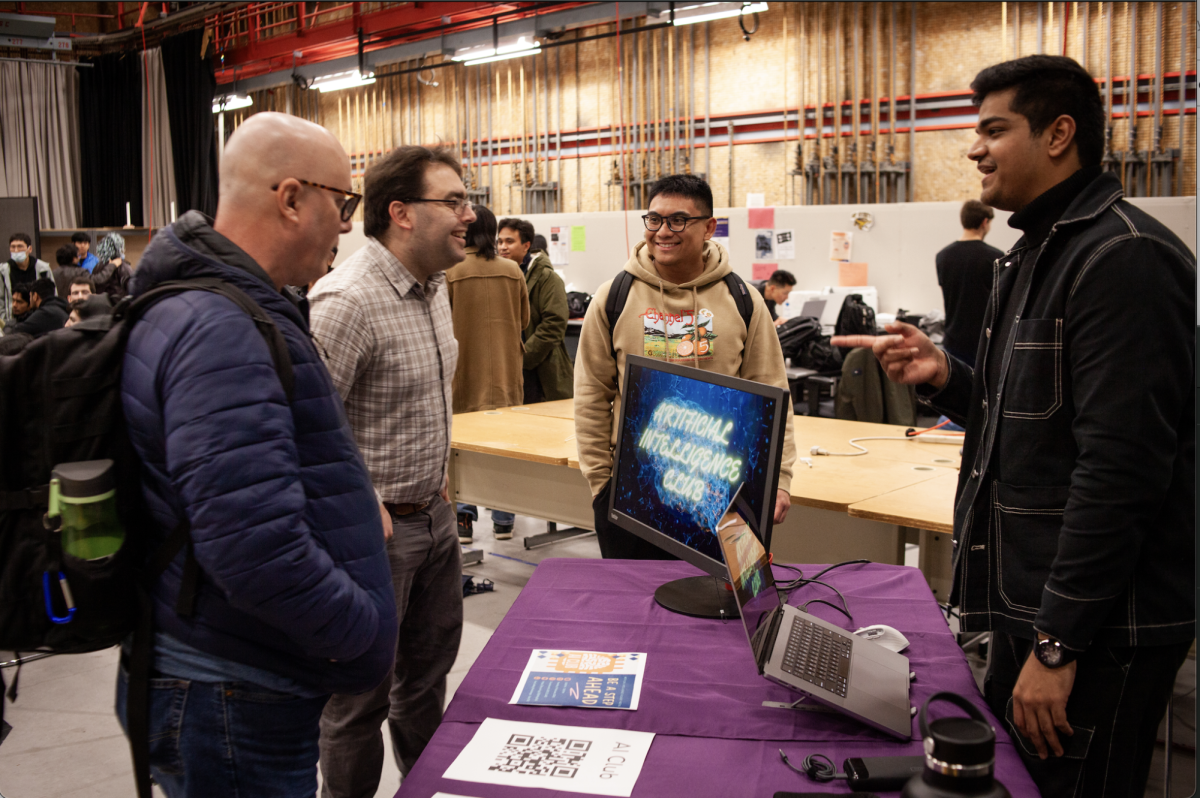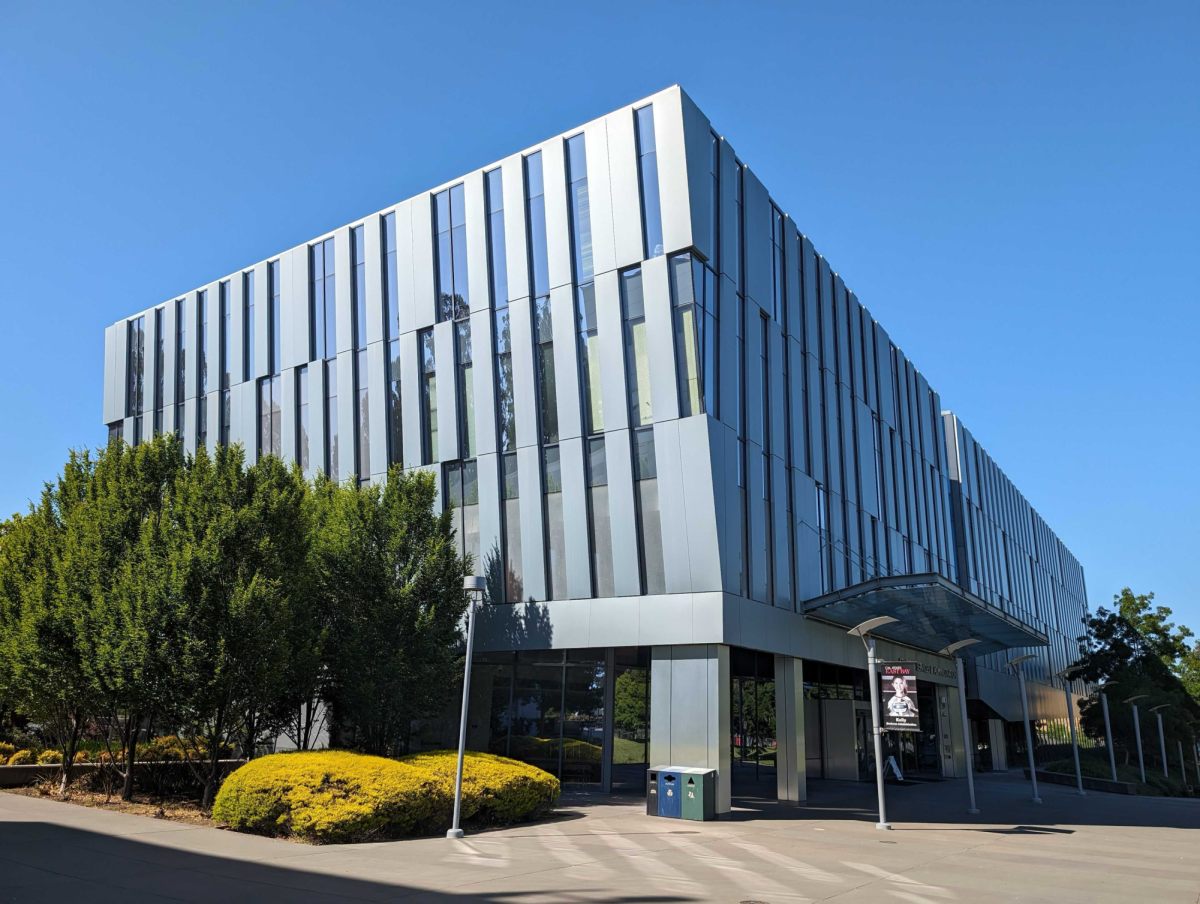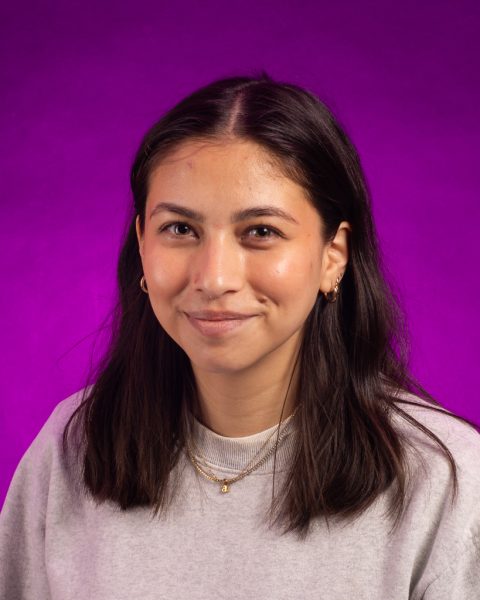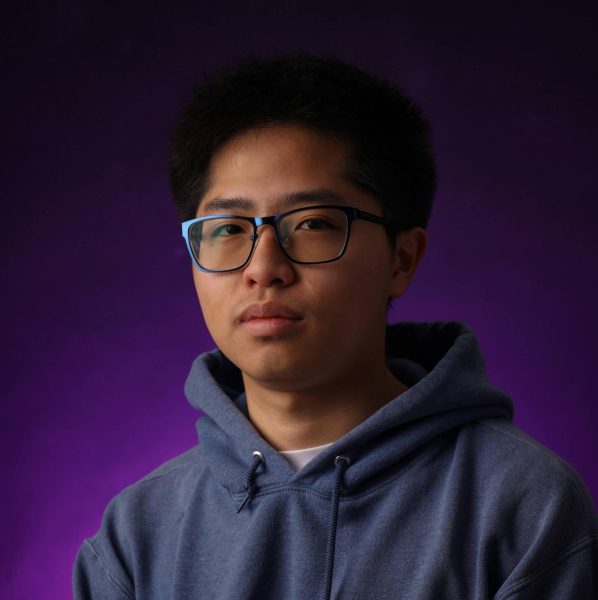Relationships and heartbreak are expected parts of the college experience. The one kind of heartbreak people don’t anticipate as a part of their dating lives is domestic violence.
At least three San Francisco State University students have lost their lives to dating violence in the last 10 years, according to reporting by Golden Gate Xpress, — most recently, Zoe Nika Reidy-Watts back in March and Ariana Hatami in 2016 and Cecilia Lam in 2014.
A report from the University of San Francisco found that dating violence, also known as intimate partner violence (IPV), is a common issue on college campuses, specifically affecting women ages 16 to 24. IPV can take various forms, including physical abuse, financial abuse, psychological abuse, sexual abuse and digital abuse.
“Another cause for concern is that about one-third of college students reported they had physically assaulted someone they had dated in the last year,” according to the report.
According to SFSU’s 2024 Campus Safety Plan, the university plans to uphold California State University’s Nondiscrimination Policy and Title IX to prohibit dating violence, domestic violence, sexual misconduct, sexual assault, sexual exploitation and stalking. The university provides workshops and events hosted by Health Promotion and Wellness to prevent and educate on these topics, such as “Building Trust,” a workshop on building communication skills in relationships and “The Link-Up Series.”
These programs prevent harmful behaviors by promoting healthy relationships, communication and safe bystander intervention.
There are statistics that indicate one in three women, one in 10 men and one in two transgender individuals experience dating violence.
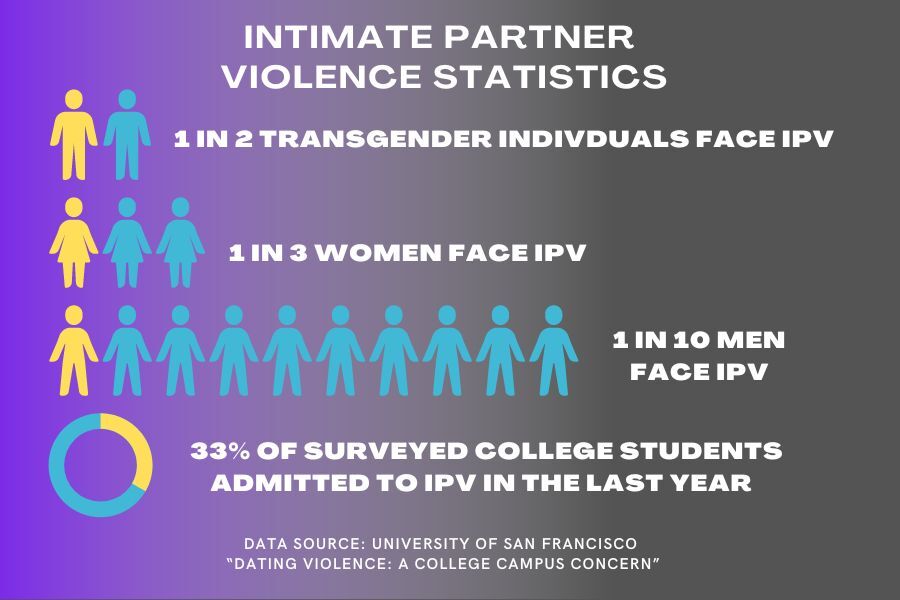
“It’s perplexing — to say the least — that more isn’t being done to bring this to the forefront of campus dialogue,” according to Black Women Revolt Against Domestic Violence.
Black Women Revolt is an advocacy organization in the greater San Francisco area that aims to support Black women and families facing domestic and dating violence. The organization offers counseling, housing and outsourced help to any victims, including those who are not Black identifying.
“Dating violence is a matter that is evidently crucial yet seemingly overlooked,” said Kendall Aubrey, a new SFSU graduate and Youth Advisory Council Intern for Black Women Revolt.
Aubrey discovered Black Women Revolt when the organization tabled on SFSU’s campus for an internship fair in Spring 2023. Graduating with a bachelor’s degree in psychology, Aubrey hopes to have a career in social work as a marriage and family therapist but also spread awareness around violence in dating.
“I’m preparing to deal with clients that have different life experiences and I’ve learned so much about domestic violence and how it goes deeper, beyond the physical abuse. Like financial abuse and how that works and comes into play,” she said. “So I feel like it’s a lot of information that I can take with me so that I can better help people because not everyone understands the ins and outs and the complexities of DV situations.”
Aubrey reached out to Golden Gate Xpress after the death of a College of Liberal and Creative Arts SFSU student on March 8. Zoe Nika Reidy-Watts was found unconscious and was pronounced dead by the Oakland Police Department in the home of her boyfriend, who has since been arrested, charged and awaiting court proceedings for her murder.
Aubrey’s call to advocacy led her to learn about a resource on campus she hadn’t heard of before working at Black Women Revolt.
“It’s my senior year [how am I] just now knowing about the SAFE Place?” Aubrey questioned. “I’m sure there’s several people or a lot of students that don’t know it exists or what it is.”
The SAFE Place is a trauma-informed program providing free support to survivors of sexual assault, IPV, stalking and harassment at SFSU. Similar to Black Women Revolt, the program works with campus partners to end this type of violence.
Nour Loren, the manager at the SAFE Place, earned her master’s degree in social work at the University of Wisconsin-Madison. She has been working at the SAFE Place resource center since August 2023.
Loren typically counsels around two to four students daily, though many students who visit the SAFE Place office are not always seeking guidance to leave an abusive relationship.
“There’s days where all I’m doing is seeing students, and it’s not particularly around gender-based violence either. Sometimes I see students who have concerns around other stuff like being impacted academically or they just have questions,” Loren said. “The SAFE Place isn’t always the appropriate resource, but I’m not going to turn students away. I’m more than happy to connect with students.”
When Loren isn’t advising students, she plans with community partners such as the Domestic Violence Coalition and the Trauma Recovery Center to host workshops and training around informed care and supporting survivors.
“I would like students experiencing domestic/intimate partner violence to know that there are on-campus and community resources that are available to them that are happy to support them, navigate their experiences and hopefully access safety and that they are not alone,” Loren said.
The San Francisco State 2023 Annual Security Report states that the university’s main campus had 17 incidents of domestic violence in 2021 and 2022 but zero cases of IPV.
According to the Campus Safety Plan, “The Link-Up Series,” a program aimed to address the spike in sexual assaults and substance-related injuries on college campuses, was implemented during the first eight weeks of the fall semesters in 2022 and 2023. The plan states that this time frame is when those rates are expected to increase.
The Campus Safety Plan additionally stated that “workshops and events were offered to the campus community that provides skills, information and education to prevent sexual and dating violence and negative outcomes associated with substance use reaching 22,721 students.”
CSU campuses have the right to take action against students who fail to comply with mandatory sexual harassment and violence training, such as financial or academic holds.
Many of the loved ones of SFSU victims of IPV have taken action to provide resources to those dealing with violence in a relationship, such as the Ariana Mae Hatami Scholarship for Victims of Domestic Violence and workshops by community group In Loving Memory, Solidarity & Community organized by Jada Imani, a longtime friend of Zoe Nika Reidy-Watts.
“We also are building DV prevention/repair events and online resources… [We] would love to invite [anyone] to any of those [events] and we’re planning on continuing to provide resources in a steady stream,” Imani said.
Victims of dating violence, domestic violence or IPV are encouraged to preserve physical evidence, such as clothing, bed sheets, and injuries, to prove the crime and obtain a protective order. Victims are also encouraged to preserve text messages, instant messages, social media pages, pictures and other documents for future reporting.
“I want to encourage all students to seek help if they are experiencing any type of violence and are not feeling safe,” Loren said.
Students can use the university’s Title IX incident report form to report any instances of dating violence. For resources, contact the National Domestic Violence Hotline at 1-800-799-SAFE (7233), which is free and confidential. Also, the SAFE Place is open Monday through Friday from 8 a.m. to 4:45 p.m. and located on the fourth floor of the Student Services Building in suite 403. Students can also email Nour Loren with any concerns of IPV at nloren@sfsu.edu.





